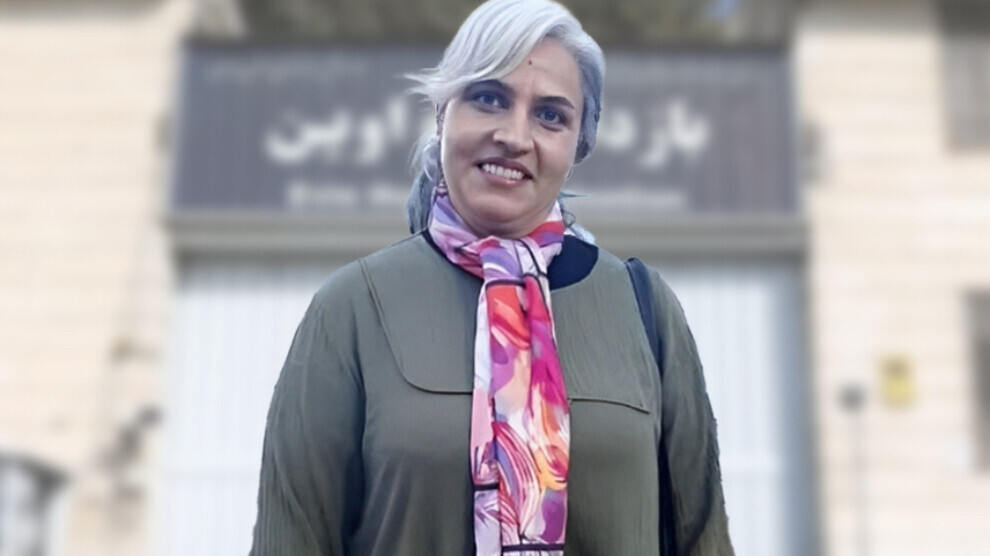Health of prisoner on hunger strike in Iran deteriorates
Political prisoner Hura Nikbakht, on the 11th day of her hunger strike against the rise in death penalties in Iran, is experiencing severe health deterioration in Evin Prison.
Political prisoner Hura Nikbakht, on the 11th day of her hunger strike against the rise in death penalties in Iran, is experiencing severe health deterioration in Evin Prison.

University professor and political prisoner Hura Nikbakht went on hunger strike on 23 April to protest the growing issuance, approval, and enforcement of death sentences in Iran. She continues her protest with determination. Nikbakht has stated that she has lost 10 kilograms since the start of her hunger strike and that her health continues to deteriorate.
Hura Nikbakht was arrested after being summoned to the General Criminal Court of Evin on 13 June 2024. She was sentenced to one year in prison on charges of “propaganda against the state” and “insulting Iran’s religious leader.” Nikbakht is also suffering from serious health issues due to uterine cancer.
International human rights organizations and the United Nations report that many Kurdish and Iranian detainees have been executed in Iran over the past year. In addition to Hura Nikbakht, other women prisoners such as Pakshan Azizi, Warisha Moradi, and Sharifa Mohammadi are also under threat of execution. A call has been made to the international community to show solidarity and raise awareness about the prisoners on hunger strike and those under threat of execution.
In a statement released on April 7, the non-governmental organization Iran Human Rights (IHR) reported that the number of executions in Iran more than doubled in the first quarter of 2025 compared to the same period last year.
According to figures compiled by the Norway-based IHR, at least 230 people, including eight women, were executed between early January and the end of March. In the first three months of 2024, 110 executions have been recorded.